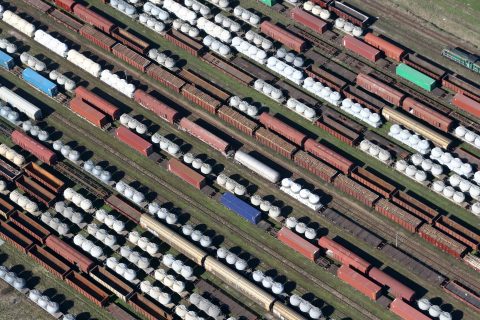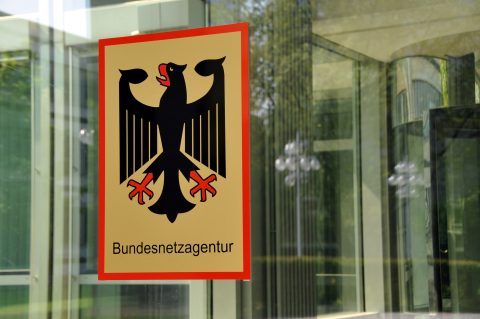‘Freed-up capacity for freight should be new normal’

Now that passenger traffic gradually returns to the railways of Europe, it is a good moment to reflect on the much-debated capacity issue for freight. If there is one lesson learnt from the corona crisis, it is the importance of good quality and quantity of capacity for freight, says lobby organisation ERFA. The temporary freed-up capacity has led to significantly more punctual freight trains.
One of the direct consequences of the pandemic has been the freeing up of capacity on the European railway network due to drastically reduced passenger traffic. This has coincided with a significant increase in the service offer and punctuality of rail freight. Over the past months the punctuality of international freight trains has increased from around 60 to 80-90 per cent. “If these rates can be sustained, rail freight will be in a position to offer increasingly more attractive services to shippers”, said the organisation.
Primary concern
“One of the primary concerns of shippers in relation to rail freight has historically been punctuality and reliability. This is partially out of the control of individual railway undertakings but relies very much on the conditions and availability of infrastructure, especially in relation to international freight movements. These concerns have proven a stumbling block to the growth of rail freight. Unless they are addressed, it will not be possible for Europe to reach its modal shift and decarbonisation targets.
“If the high punctuality rates of the past months can be sustained, rail freight will be in a position to offer increasingly more attractive services to shippers. This can only be achieved if we arrive at a “new normal” upon exiting the crisis, where rail freight has clear and well-defined rights.
EU legislation
According to ERFA, these rights of rail freight should be enshrined in European legislation. It already made such proposals on 14 February 2020 in the context of the revision of the Regulation 913/2010 on rail freight corridors. It now emphasises the importance of these proposals again.
According to ERFA, allocation rules for freight paths have to be defined; freight trains must have equal priority in slot allocation as passenger trains in all countries of the corridors. The same is true in day to day operations, it says. “A punctual train – be that passenger or freight – goes first.”
It also calls for the introduction of a supranational traffic management and empowerment of corridor organisations. The latter should have equal decision and steering rights as the national infrastructure managers, it states.
New normal
ERFA President Dirk Stahl commented: “Not only has rail freight proven itself to be the backbone of European freight logistics during the COVID crisis, but it has also proven it can be a reliable and attractive means of freight transportation when it has sufficient and good quality capacity.
We are aware the current capacity situation will not last forever, but we are ready and willing to discuss the new normal to ensure the needs of rail freight and passenger services are met post-COVID”.
You just read one of our premium articles free of charge
Want full access? Take advantage of our exclusive offer





